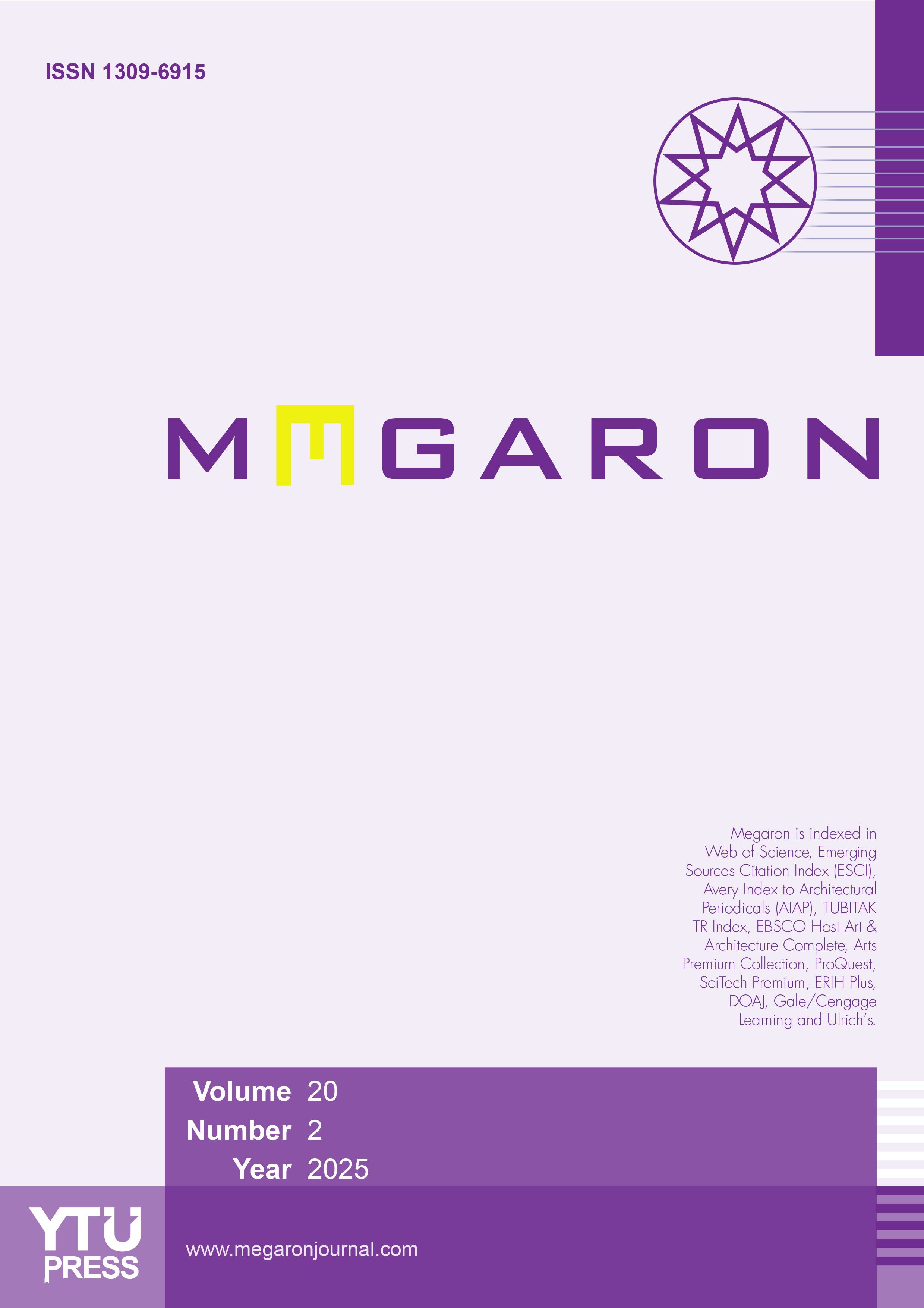Analyzing design factors affecting users’ interactions in public spaces
Navid KhaleghimoghaddamDepartment of Interior Architecture, Faculty of Engineering and Architecture, Konya Food and Agriculture University, Konya, TürkiyePublic spaces are now considered the most important environments that play a key role in shaping citizens’ social interactions. Due to uneven development in urban design, this role has become less important. Therefore, it is necessary for architects and urban planners to fill this gap by considering the design factors. This study aims to identify and classify the design factors that influence social interactions in public spaces and present a conceptual framework for designers and future studies. The field study method is used to identify the design factors and the descriptive-analytical survey study is used to evaluate them. Shahriyar Park of Tabriz, Iran, was selected as a case study. 268 users of the park participate in survey including 6 design factors and 22 measurements, which are recorded on Likert scale. LISREL software has been used to analyze the data. The results of the study show that the ‘safety factor’ as the first priority, ‘vitality, activity, psychological and behavioral factors’ as further priorities, and the ‘physical factor’ as the last priority influence the level of users’ social interaction in the public spaces of Shahriyar Park. In this respect, variables such as accessibility, visibility, topography, material diversity, planting, and furniture were found to play a positive role in making the park more pleasant and enhancing social interaction between users. Accordingly, it has been suggested that these factors and variables should be considered by designers as a viable approach when designing urban public spaces, particularly parks, to encourage social interactions among city users.
Keywords: Design factors, public space, Shahriyar Park, social interaction.Manuscript Language: English








